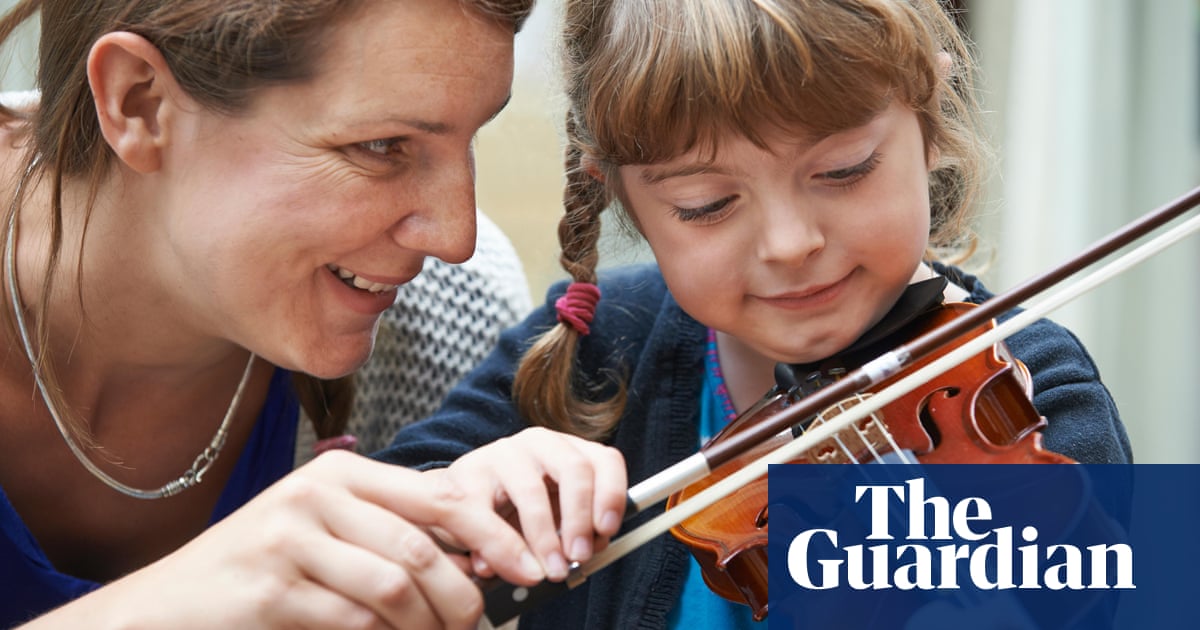I am delighted to hear Bridget Phillipson speak of the need for a culture change in schools (Phillipson to ask schools to end exam ‘tunnel vision’ and look to wellbeing, 6 November). As a grandparent, I have been appalled by the anecdotes I’ve been hearing about academy schools. It is clear to me that schools have lost any focus on their pupils’ wellbeing. It appears that they are treating children as numbers to be processed rather than as individuals with personal needs and characters. In large part this may be down to resource shortages, preventing teachers from doing what they should do.
However, there seems also to have been a drive among senior school leaders to adopt fashionable policies such as “zero-tolerance” attitudes to misdeeds and the insistence that every pupil must carry a report card at all times. These cards are marked every time the child is considered to have offended, and if certain points thresholds are exceeded, detention, isolation or other punishment follows.
The effect of all this on pupils who are not robust and self-confident is distressing to see. I am aware of children who are refusing to attend school, and others who are managing to attend but are suffering mental stress. Phillipson is to be commended for her comments, but needs to translate her views into real and effective change for the better.
Chris Parker
Nottingham
A refocusing of school priorities on student wellbeing is long overdue (Editorial, 8 November). But this needs to be firmed up and the consequences of the realignment built clearly into the Ofsted framework. Inspections should reflect the change in emphasis and credit schools on their work in keeping children healthy and safe. The current safeguarding section is pointless.
The recent narrowing of education to a knowledge-driven and outcome-focused agenda has been incredibly damaging, particularly since the pandemic. Previous frameworks cited excellence and enjoyment – this should once again be the direction of travel.
The national obsession with exams needs to be replaced with a focus on creating clear-thinking, healthy and well-rounded human beings. Surely that is the true meaning of an education.
Chris Brislen
Retired academy CEO and headteacher
One way to encourage a sense of belonging and wellbeing is to ensure that every child receives an arts education – one that is central to and, importantly, integrated into the curriculum. This goes beyond school plays and concerts, towards an entitlement for every young person in drama, dance, music and the visual arts. These encourage working together, self-belief, tolerance, mutual respect, creativity, problem solving, working to a deadline and a shared outcome. This will bring every child into the learning experience and foster a sense of belonging and contribution to the whole, regardless of academic achievements.
Helen Elliott
Ruishton, Somerset
Until we focus more on the wellbeing and work conditions of those who are employed in schools, what hope do we have of creating caring conditions for pupils? After a 50-plus-hour week as a teacher in a secondary school last week, I still had a pile of A-level essays to mark on Sunday – and I’m part-time. Holidays are obviously not incentive enough, as recruitment and retention are in crisis.
Peter Russell
Sheffield












